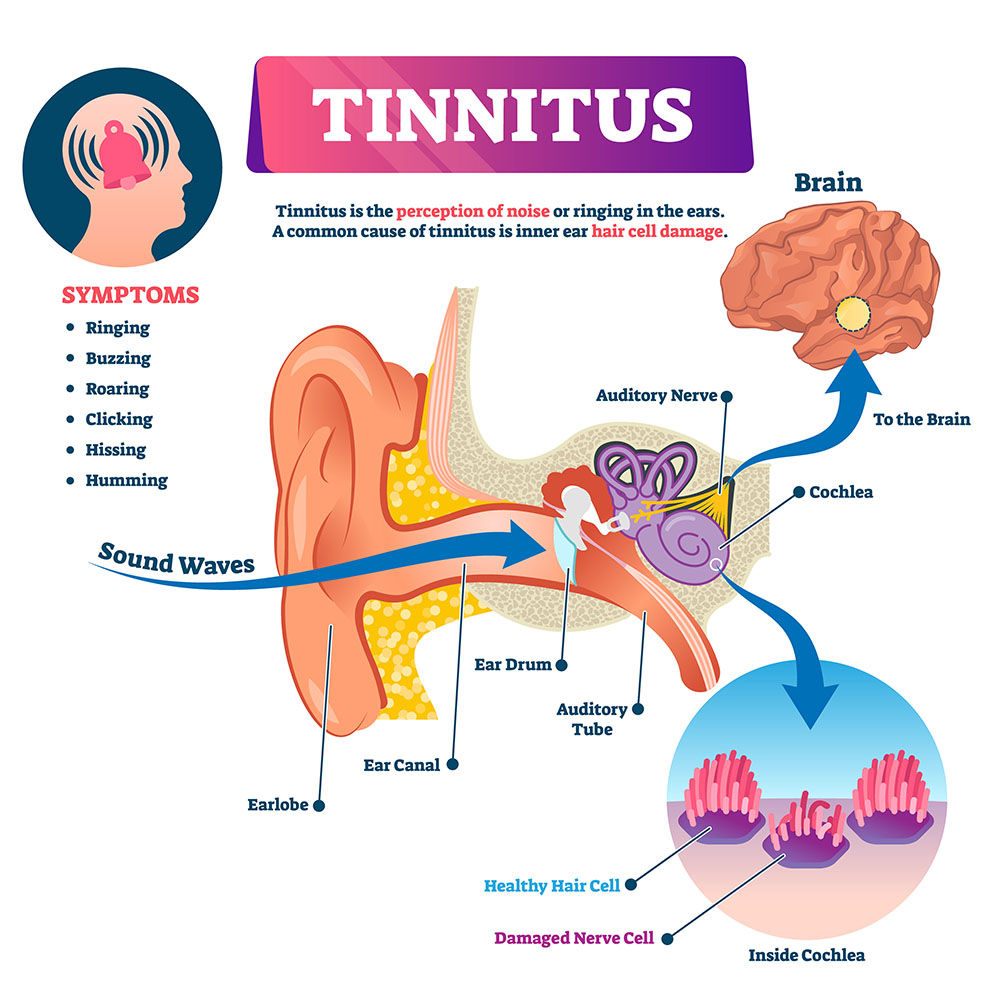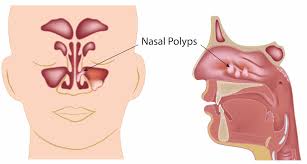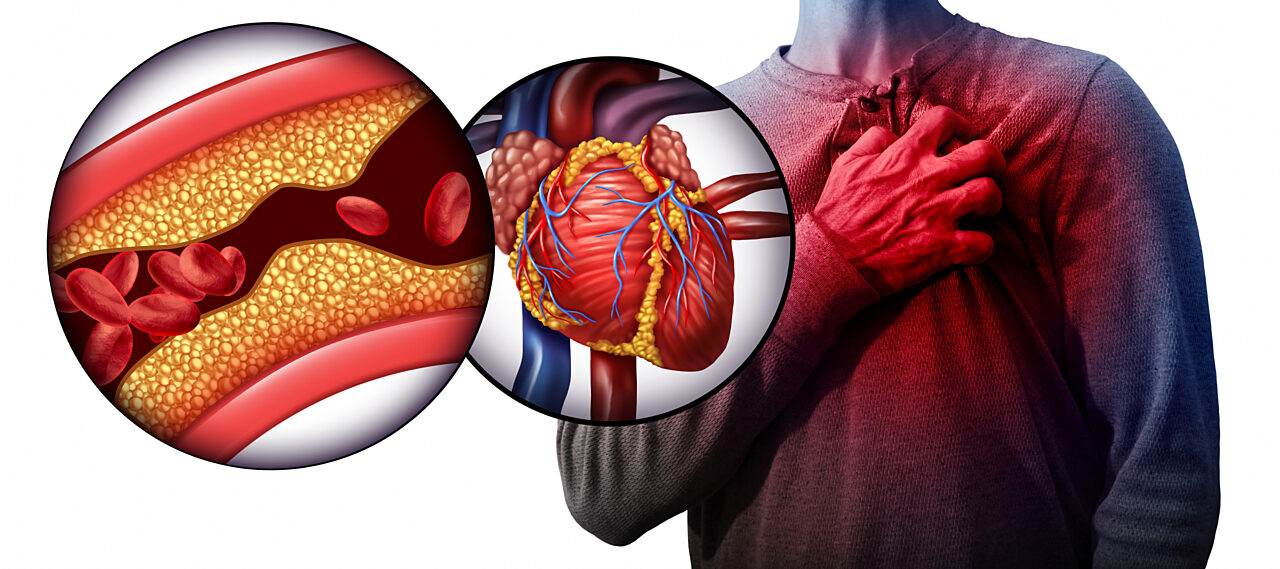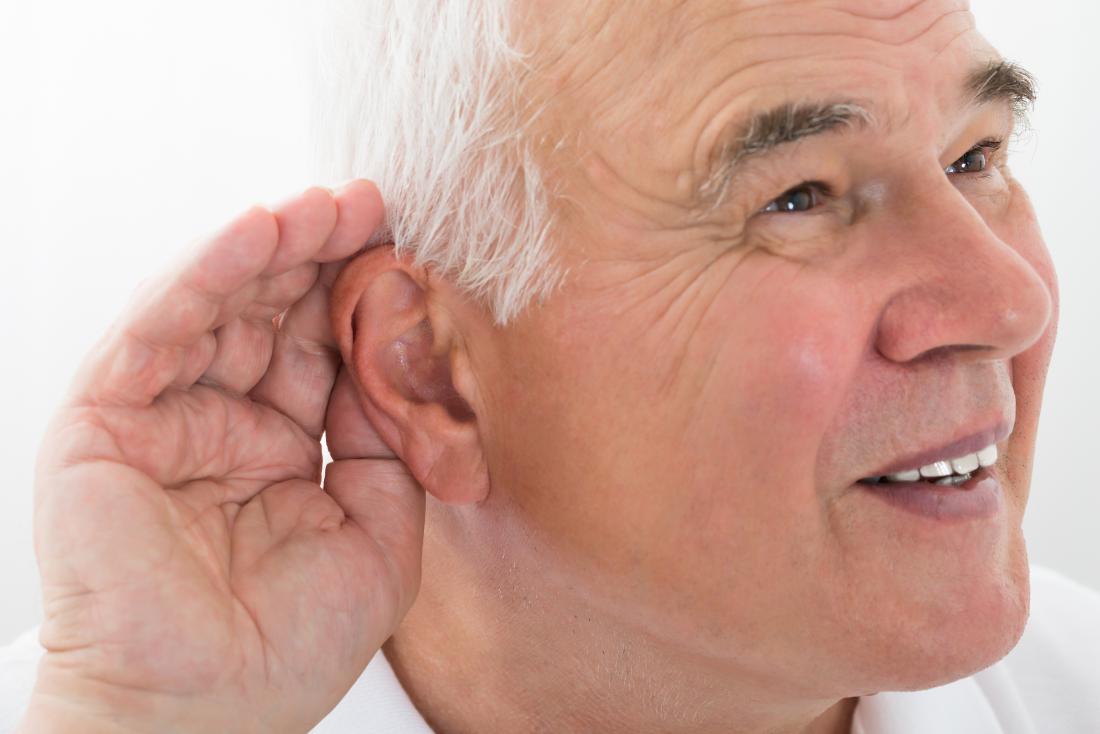Tinnitus and its cure in Homeopathy
When there is no external source of sound, tinnitus is the sensation of ringing, buzzing, hissing, or other sounds in the head or ears. It might be minor or severe, and it can affect one or both ears. Tinnitus is a symptom of underlying disorders rather than an illness in and of itself. The sound may fluctuate in pitch and be continuous or sporadic.
Symptoms of Tinnitus
- Ringing: This is the most typical way to describe the sound.
- Buzzing: A less frequent type of sound that can be heard in the head or ears.
- Hissing: For some people, there is a sound that sounds like a whistling or hissing sound.
- Pulsatile Tinnitus: A steady sound that frequently synchronizes with a person's heartbeat.
- Hearing Loss: In addition to tinnitus, some people may have hearing problems.
- Dizziness: Vertigo or an unsteady feeling may accompany tinnitus.
Causes of Tinnitus
There are numerous causes of tinnitus, including but not restricted to:
- Exposure to Loud Noise: Tinnitus can result from prolonged exposure to loud places, loud music, or loud machines.
- Ear Infections: Tinnitus may result from middle ear infections or wax-induced ear canal obstructions.
- Age-related Hearing Loss (Presbycusis): Tinnitus and hearing loss can result from the slow degradation of inner ear hair cells as people age.
- Ear Injury: Tinnitus can result from damage to the auditory nerve or ear structures caused by trauma or injury to the head or neck.
- Medication (Ototoxic treatments): Tinnitus is a side effect of some medications, such as some antibiotics, diuretics, and chemotherapy treatments.
- TMJ Disorders: Tinnitus symptoms may result from issues with the temporomandibular joint (TMJ).
- High Blood Pressure (Hypertension): Tinnitus and high blood pressure can occasionally be linked, particularly if the sound is pulsing or rhythmic.
- Additional Conditions:
- Meniere's disease is an inner ear condition that results in tinnitus, vertigo, and hearing loss.
- Sinus Infections: Tinnitus can occasionally result from sinus infections or blockages.
- Chronic Stress or Anxiety: For certain people, high levels of stress can either cause or worsen tinnitus.
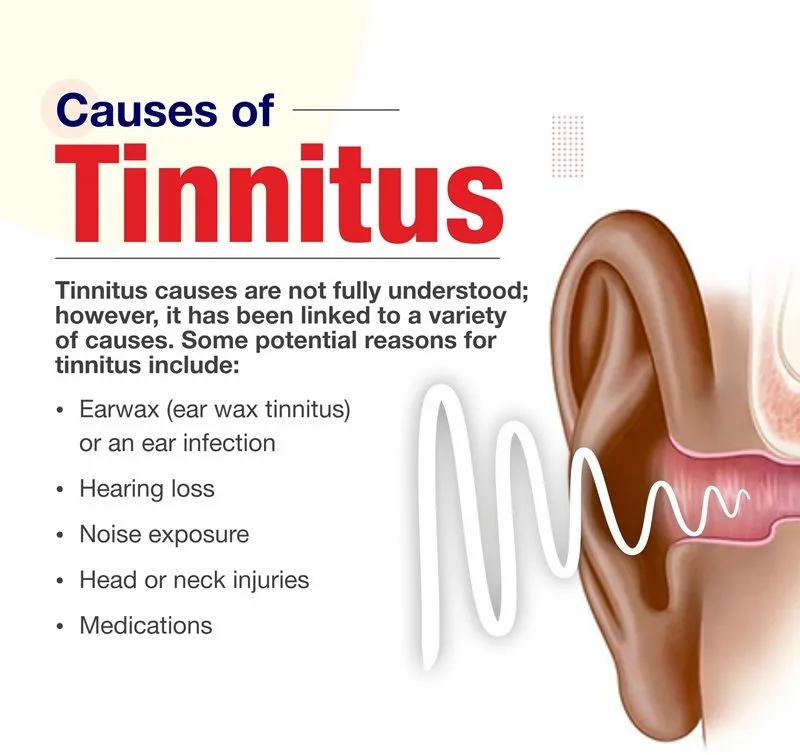
Homeopathy for Tinnitus
Tinnitus is treated by homeopathy using a customized strategy that takes into account each patient's unique physical, emotional, and psychological characteristics. Instead of choosing a one-size-fits-all remedy, homeopathic remedies are chosen based on the symptoms that each patient presents. The following are some typical homeopathic treatments for tinnitus:
1. Chininum Sulphuricum:
Indications: Used to treat hearing loss-related tinnitus, especially when the ringing sounds are high-pitched. It is frequently suggested when dizziness or tinnitus occur after exposure to loud noises.
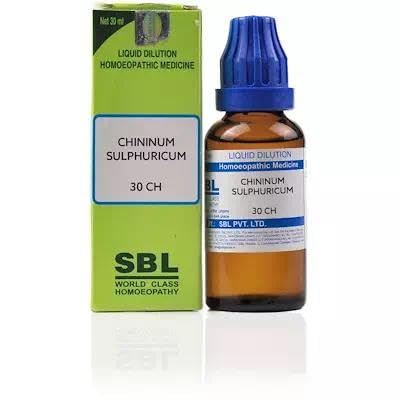
2. Cinchona Officinalis (China):
Indications: This medication is frequently recommended when tinnitus results from weakness or tiredness, particularly following an illness, or when the ear feels full or compressed.

3. Salicylic Acid:
Indications: Frequently used for tinnitus that is accompanied by a buzzing or ringing sound in the ear or a feeling of fullness in the ears. It might also be beneficial if the illness develops after a sinus infection or cold.

4. Kali Carbonicum:
Indications: Appropriate for those who have tinnitus accompanied by a fullness sensation in the ear, particularly if the tinnitus is made worse by cold air or temperature changes. It can also be utilized when the condition is accompanied by feelings of anxiety or uneasiness.
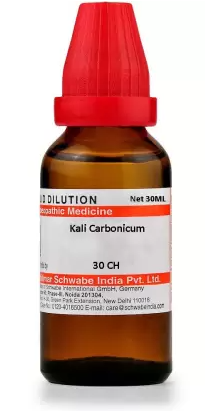
5. Graphites:
Indications: This treatment is frequently recommended when tinnitus coexists with skin or hair conditions (such as dermatitis or dry skin) or when tinnitus is linked to hearing loss and a sensation of heaviness in the ear.
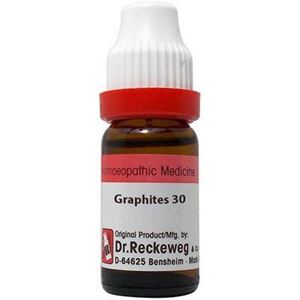
6. Lycopodium:
Indications: Recommended for tinnitus accompanied by ear fullness, which may be followed by hearing loss, particularly in cases where a history of stomach problems is present.
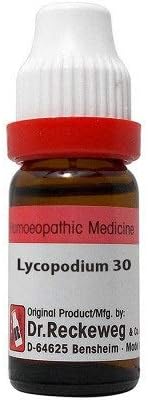
7. Cocculus Indicus:
Indications: Frequently used in patients with a history of motion sickness or head trauma when tinnitus is accompanied by vertigo or dizziness.
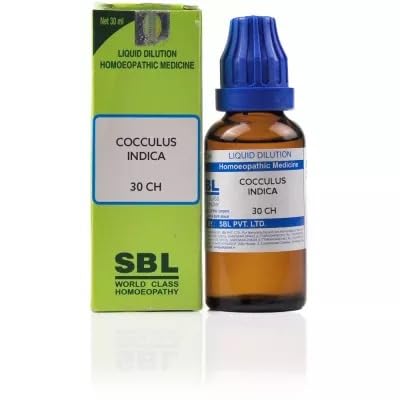
8. Salicylicum natrum:
Indications: Used for high-pitched ringing tinnitus, as well as in cases when ear infections or loud noise exposure have occurred in the past.
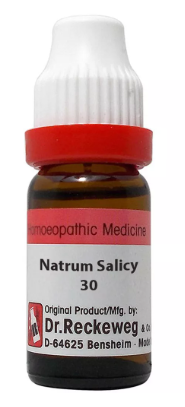
9. Sulphur:
Indications: May be useful if tinnitus is accompanied by a fullness or pressure feeling in the ear, or if the ringing noises get worse at night.
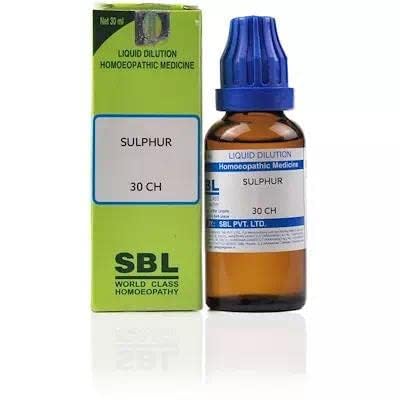
10. Treatments Particular to Tinnitus:
Certain homeopathic practitioners, such "Tinnitus 9" or other blends that contain multiple remedies, may employ particular combinations of medicines intended to address tinnitus symptoms in a more targeted way.
Approach to Homeopathic Treatment
The foundation of homeopathy is the idea of treating the patient as a whole, not just their symptoms. A homeopath would take into account things like:
- The type and level of tinnitus (continuous or sporadic)
- The elements that exacerbate and alleviate the situation (what makes it better or worse)
- The patient’s emotional and physical condition
- Any underlying triggers or conditions
A skilled homeopath will choose a remedy, or a mix of remedies, based on a thorough case history made specifically for the patient. Typically, remedies are administered in extremely diluted forms, such as liquid doses or pellets.
Considerations and Precautions
- Speak with a medical professional: A physician, ENT expert, or audiologist should be consulted before beginning any homeopathic treatment in order to rule out any underlying medical issues.
- Not a quick fix: Because homeopathy is a gradual, comprehensive approach to treatment, it may take some time to see effects. Being patient with the process is crucial.
- Don't prescribe yourself: Homeopathic treatments are very customized. Without supervision, self-prescribing may result in inappropriate care.
Some General Advice for Dealing with Tinnitus at Home
- Minimize loud noise exposure: If you're around loud noises (such as concerts or machinery), use ear protection.
- Reduce stress: Activities that reduce stress, such as yoga, meditation, or relaxation techniques, can help with tinnitus symptoms.
- Restrict alcohol and caffeine intake: These substances can occasionally make tinnitus worse for some people.
- Healthy lifestyle: In addition to promoting general health, regular exercise, a balanced diet, and enough sleep can also lessen the symptoms of tinnitus.
Conclusion
Homeopathy provides a customized method of treating tinnitus; nonetheless, for a precise diagnosis and course of therapy, it's critical to take into account all facets of your health and seek professional advice.
Regards: Dr. Naveed Shahzad

